Nearly 5 years since that day, hundreds of press groups and people have made a pilgrimage to the red address of the profession. In preparation for the anniversary, on January 18, 2024, the Vietnam Journalists Association held a groundbreaking ceremony to restore the relic on a scale commensurate with the historical stature of this place.
The project to restore and embellish the historical relic of Huynh Thuc Khang Journalism School (1949) in Tan Thai commune, Dai Tu district, Thai Nguyen province, invested by the Vietnam Journalists Association with socialized resources, was approved and decided by the Ministry of Culture, Sports and Tourism and the People's Committee of Thai Nguyen province.
The relic is built on an area of 858.9 m2, including 3 main units, simulating and restoring items of historical relics, in accordance with the planning objectives, ensuring synchronization and harmony in space, architecture, landscape and ensuring sustainability and long-term historical preservation.
The Viet Minh Headquarters building is a replica, newly built in the traditional stilt house architecture, entirely made of good wood, about 186 m2 wide. The 2-storey Newspaper Teaching Building is a replica, newly built based on the design of documentary images... The stele house, fence, gate, guard house... are all newly built, with high-quality materials. The project is estimated to cost about 12 billion VND...
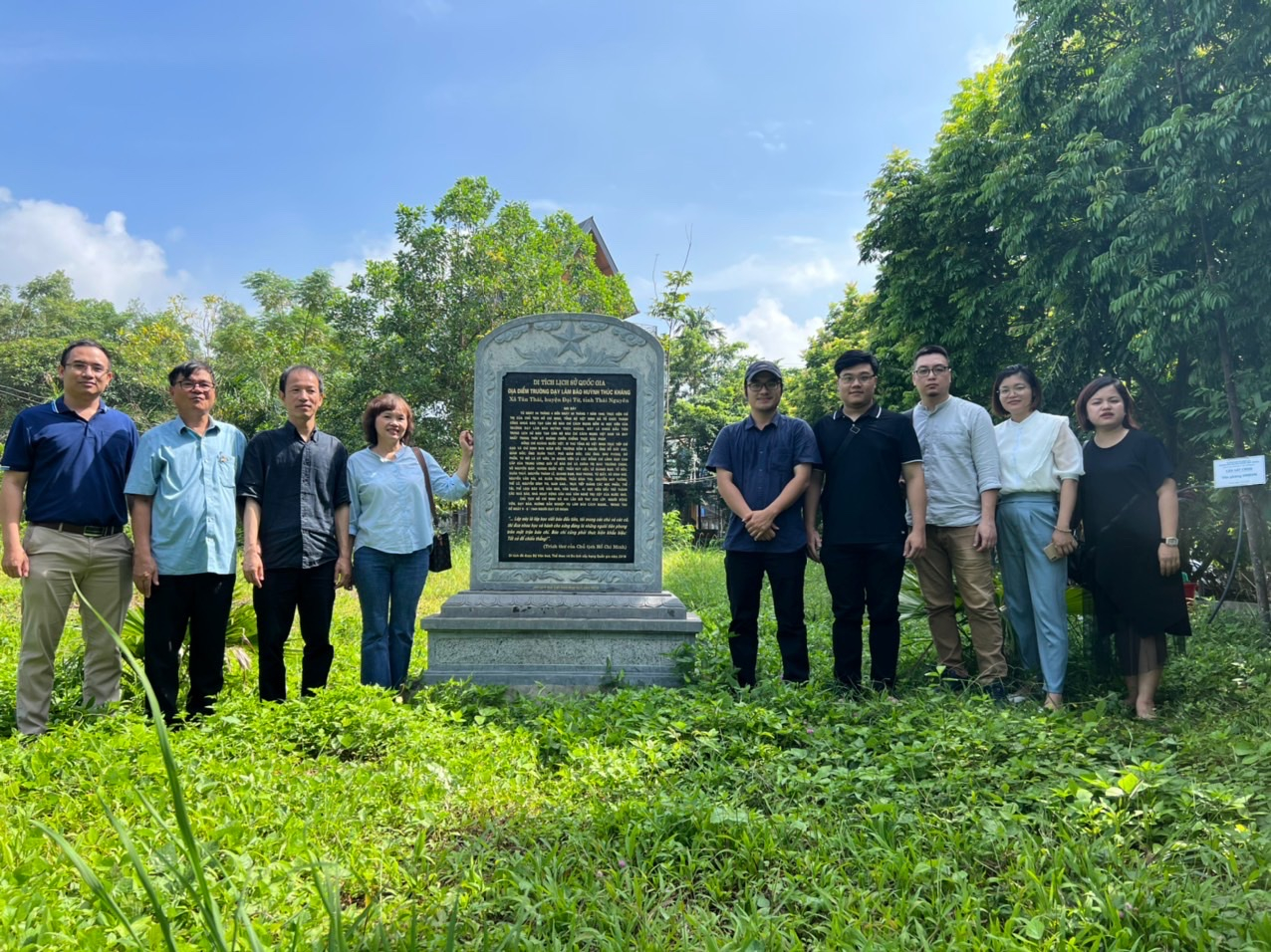
National relic site of Huynh Thuc Khang Journalism School in Tan Thai Commune, Dai Tu District, Thai Nguyen Province.
According to Journalist Tran Thi Kim Hoa - Head of the Vietnam Press Museum, the project investor, this is a project of high artistic, cultural and historical value, directly designed by Architect Hoang Thuc Hao. After completion, this will be a place to preserve and introduce the values of Revolutionary and Resistance Journalism in Viet Bac, serving the press, the people and tourists to Nui Coc Lake. The project's goal is to complete in time for the 100th anniversary of Revolutionary Journalism (June 21, 2025) and the 75th anniversary of Huynh Thuc Khang Journalism School in 2024.
***
Huynh Thuc Khang Journalism School was established in 1949. On the occasion of the 70th anniversary (April 4, 2019), the Ministry of Culture, Sports and Tourism granted a Certificate of National Historical Relic, allowing the erection of a stele at the location where Huynh Thuc Khang Journalism School was established in Tan Thai commune, Dai Tu district, Thai Nguyen province. This relic is considered the last in a series of red addresses of resistance journalism in Viet Bac. The remaining documents show:
...Entering the 21st century, all the locations related to journalism, radio, culture, arts, cinema... that were born or were in the years of resistance against French colonialism in ATK Thai Nguyen were completed, only one address, Huynh Thuc Khang Journalism School in 1949, was left there...
Huynh Thuc Khang Journalism School was named by Uncle Ho because Mr. Huynh was a banyan tree of patriotic and revolutionary journalism. Mr. Huynh was born in late 1876 in Thanh Binh village, Tien Giang Thuong commune, Tien Phuoc district, Quang Nam. He was famous because at that time, Quang Nam had three heroes (Huynh Thuc Khang, Tran Quy Cap and Pham Lieu).
He had a high academic record, refused to become a French official, and was exiled to Con Dao for 13 years... After being released from prison, his career path was very smooth, but he refused and in 1927, became the editor-in-chief of the Tiếng Dân newspaper. Most of the editorials in this newspaper were written by him, stimulating the patriotism of readers. The press at that time was strictly censored by the French colonialists. When he was asked to edit an article according to the censor's wishes, he boldly said: "Either publish it as is, or delete it, not a single word will be changed" ... Mr. Huynh's courage as an editor made his name in journalism. In his career as a journalist, Mr. Huynh affirmed: " If I don't have the right to say everything I want to say, at least I have the right not to say what people force me to say"...
"From here on, the soul of the nation opens the door of heaven
Who can stop the spring from flowing?
The above two verses were written by him when the August Revolution succeeded. That year, Mr. Huynh was already 70 years old… He was invited by Uncle Ho to join the Coalition Government, holding the position of Minister of the Interior and Acting President of the Democratic Republic of Vietnam during the time President Ho Chi Minh went to France to attend the Fontainebleau Conference and was the President of the Lien Viet Association.
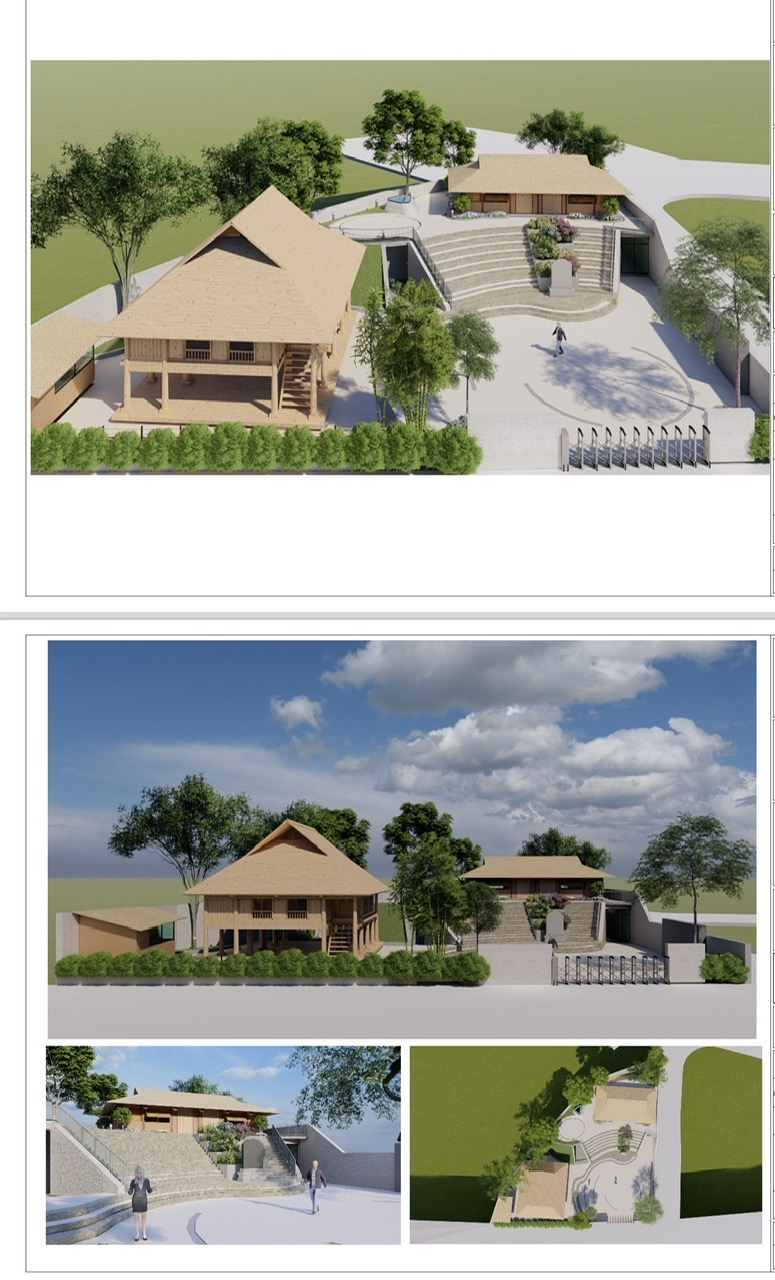
Panoramic view of the relic site after completion.
After the National Resistance Day, he went to the South Central region to take up the position of Central Government Representative. He passed away due to illness on April 21, 1947 in Quang Ngai. He was a famous patriotic soldier, a courageous and benevolent journalist. "He did not want fame, did not need benefits, did not want to get rich, did not want to be an official."
All his life, he fought for the people's freedom and the country's independence (President Ho's words in the letter announcing the State funeral of Mr. Huynh). The Huynh Thuc Khang Journalism School had its first and only class, but later due to difficult conditions it was not opened again. Although it was short-term, it did not have many students, and had a large scale in terms of content and the number of teaching staff were leaders of the resistance, experienced and rich in theory and practice...
Mr. Do Duc Duc - Deputy Secretary of the Viet Minh General Department (Director), Xuan Thuy (Deputy Director), Nhu Phong, Do Phon and Tu Mo were members of the leadership board. Comrade Hoang Quoc Viet, representing the Viet Minh General Department, read a speech at the opening ceremony on April 4, 1949 and said: "The class is named after Mr. Huynh Thuc Khang because, in addition to the qualities of a patriot, it is the basic virtue of a journalist" . 42 students studying for 3 months were welcomed by 29 lecturers: Truong Chinh, Vo Nguyen Giap, Hoang Quoc Viet, Le Quang Dao, To Huu, Nguyen Thanh Le, Nguyen Dinh Thi, Nguyen Huy Tuong, Xuan Dieu, Nam Cao, The Lu, Nguyen Tuan, Quang Dam..., representing many subjects that journalists need to cultivate...
In three months, students will learn a massive program of three parts: Theory, expertise, and practice. Theory includes lessons such as: What is journalism? Conditions for journalists. Expertise includes: reporting, investigation, interview, editorial, novel, poetry, essay, music, drama, satire, how to spread news, write news, structure of a newspaper, organize an editorial office, distribute and print newspapers. In practice, they will work on works and publish newspapers in each group. Lecturers will come to class to talk about each topic: editorial (Truong Chinh), how to write war news in the press? (Vo Nguyen Giap), on the page (Tran Dinh Tho)...
On July 6, 1949, the class closed here. Uncle Ho sent a letter to the class. He praised and reminded the class of 4 main points about the tasks, principles, purposes, and subjects of each newspaper, the goals of journalism and emphasized: to write for a newspaper, one needs to: “1 - Be close to the masses, if you just sit in a paper room and write, you cannot write practically. 2 - At least you must know one foreign language, to read foreign newspapers and learn from other people's experiences. 3 - When you finish writing an article, you must review it yourself three or four times, and carefully edit it. It is better to ask a few uneducated people to read it and ask them which questions or words they do not understand, then edit them to make it easier to understand. 4 - Always try to learn, always strive to improve…”
Huynh Thuc Khang Journalism School is a typical example of a deep, thorough and serious way of learning and teaching. 42 students and 29 lecturers are the core of Vietnam Revolutionary Journalism, always shining and contributing greatly to the development of today's journalism.
As we all know, during the years of resistance against the French colonialists, Thai Nguyen was a top secret Safe Zone (ATK). Because of this, apart from the students who remembered, few people knew about it, even the lecturers were assigned to teach independently according to the topic. Since 1975, the damming of Nui Coc Lake had begun, 20 households in this riverside hamlet moved away, a strip of high hills became a forest protected and cultivated by the people of Goc Mit hamlet, the location of the school is still there and the name of Bo Ra hamlet is a beautiful memory of a time.
A few days ago, I went to Quang Nam, Mr. Huynh's hometown, to look for documents. I was moved by the words Uncle Ho wrote on April 29, 1947 about him, engraved with his statue: "Mr. Huynh was a man whose wealth did not sway his heart, poverty did not discourage him, and power did not falter his courage. All his life, he did not care about fame, position, or benefits, did not want to get rich, did not want to be an official. All his life, Mr. Huynh only fought for the freedom of the people and the independence of the country"...
Journalist Phan Huu Minh
Source



![[Photo] Bustling Mid-Autumn Festival at the Museum of Ethnology](https://vphoto.vietnam.vn/thumb/1200x675/vietnam/resource/IMAGE/2025/10/4/da8d5927734d4ca58e3eced14bc435a3)


![[Photo] General Secretary To Lam attends the 8th Congress of the Central Public Security Party Committee](https://vphoto.vietnam.vn/thumb/1200x675/vietnam/resource/IMAGE/2025/10/4/79fadf490f674dc483794f2d955f6045)
![[Photo] Solemn opening of the 8th Congress of the Central Public Security Party Committee, term 2025-2030](https://vphoto.vietnam.vn/thumb/1200x675/vietnam/resource/IMAGE/2025/10/4/f3b00fb779f44979809441a4dac5c7df)
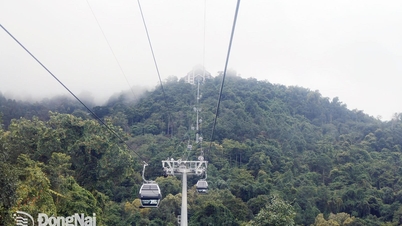

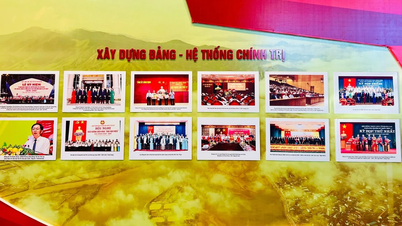

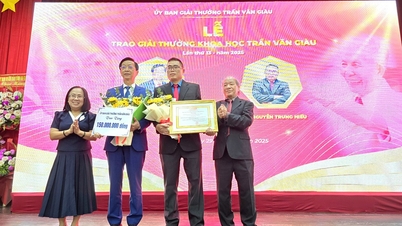


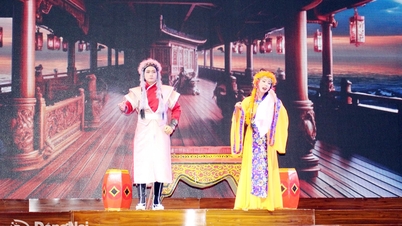















































![[VIDEO] Summary of Petrovietnam's 50th Anniversary Ceremony](https://vphoto.vietnam.vn/thumb/402x226/vietnam/resource/IMAGE/2025/10/4/abe133bdb8114793a16d4fe3e5bd0f12)

![[VIDEO] GENERAL SECRETARY TO LAM AWARDS PETROVIETNAM 8 GOLDEN WORDS: "PIONEER - EXCELLENT - SUSTAINABLE - GLOBAL"](https://vphoto.vietnam.vn/thumb/402x226/vietnam/resource/IMAGE/2025/7/23/c2fdb48863e846cfa9fb8e6ea9cf44e7)















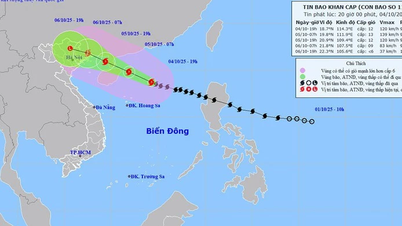

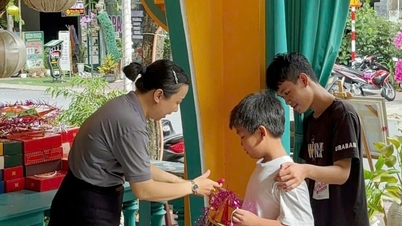

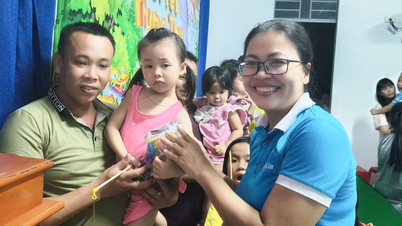

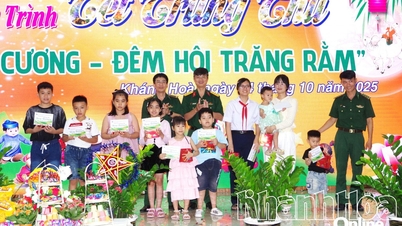











Comment (0)